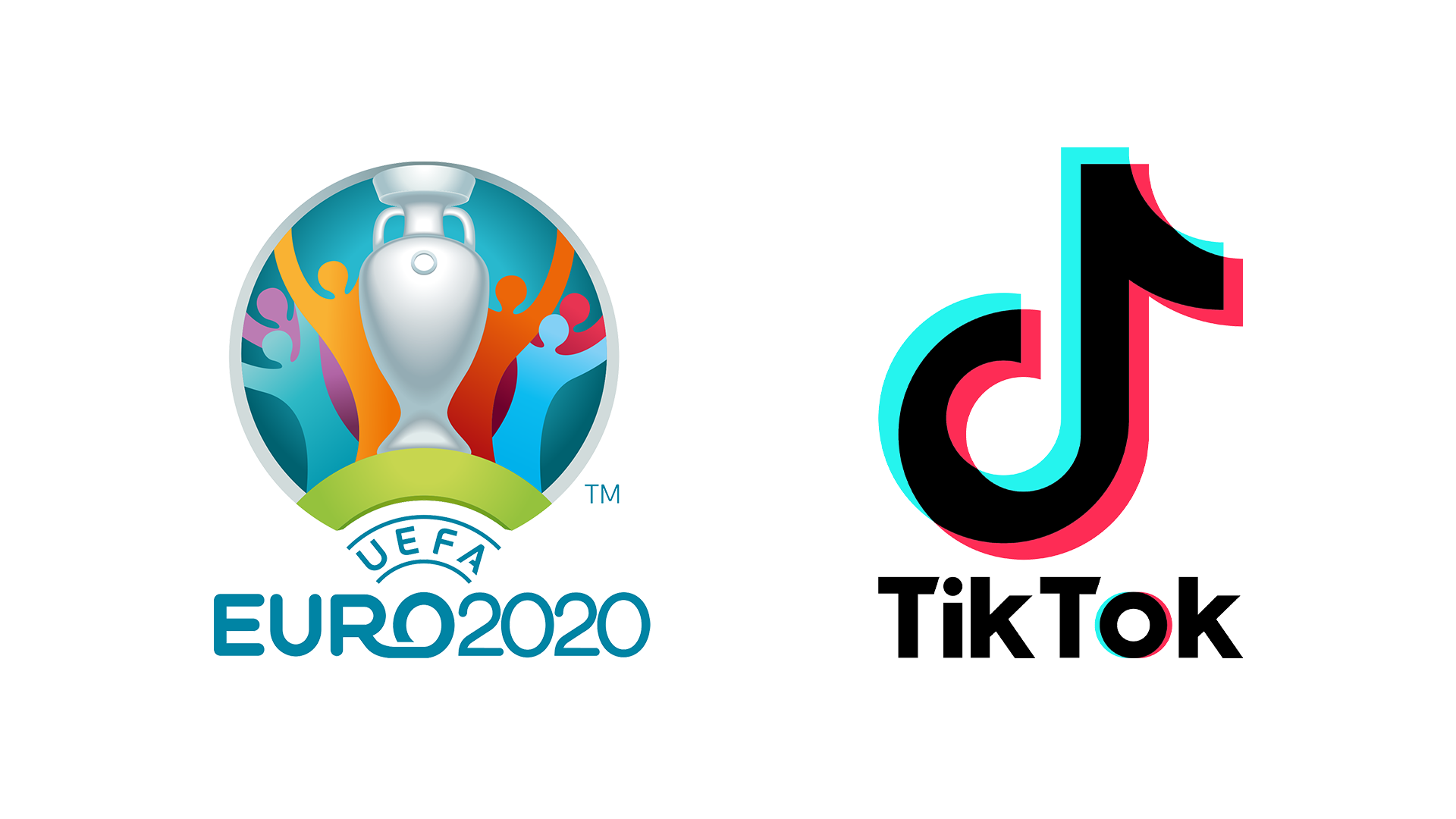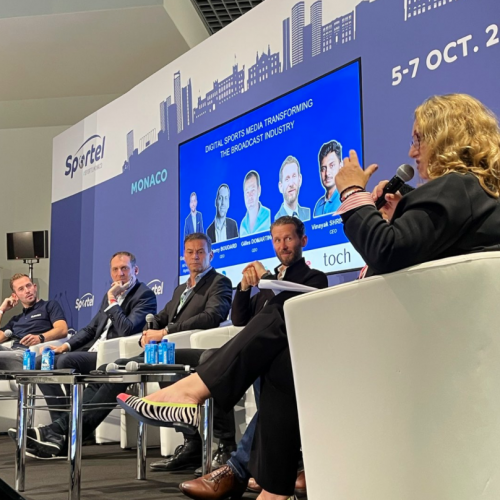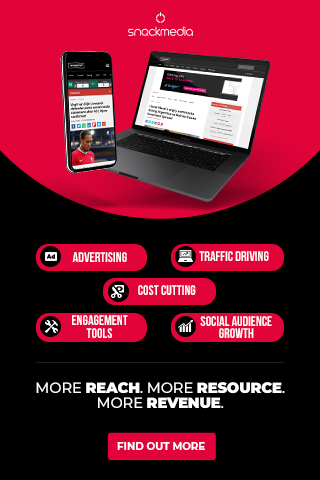Why the Euros will be a model for the future of sports media
Guest Post by Aaron Goldman, CMO, Mediaocean
Football is, by some distance, the world’s most popular sport, attracting both professional and amateur players on every continent and drawing, at its peak, billions of viewers to fixtures. Only the Olympics, with its showcase of talent, competes with it when it comes to viewership – not just across sports, but for any event or broadcast – and this year, following the interruption of the pandemic, one of football’s biggest tournaments is coming back to the world’s screens.
It’s fun to speculate about why football enjoys the fanatical devotion and mass popularity that it does. It’s a game that can be played with almost no equipment, but which scales up to elite competition. It’s a game where individual stars can change the course of matches, leagues, and even the game as a whole, but also where teams both national and international can fire up their fans’ passions for decades. It’s a game that grips viewers for a full ninety-minute match, but is just as enjoyable to watch in a ninety-second highlight reel.
In short, it’s a special blend of a sport where the individual components all have space to excel, but also work together to create magic, and it’s that diversity which powers a whole industry of broadcasting, marketing, promotion and entertainment. As we head towards a Euros tournament which will be unlike any that preceded it, this industry can learn a lot from the game itself in order to make the whole machine work in this brave new world.
Understanding the impact
The pandemic, of course, had a different impact on every industry, but those impacts were almost always driven by the unavailability of in-person interaction. Even after sporting fixtures restarted, with new safety measures in place for athletes, minimal attendance at stadiums and reduced scope for collective watching in pubs and homes meant an acceleration of the digital approaches and second screen experiences which were already become prominent before the pandemic struck.
Perhaps nothing underlines this better than UEFA’s partnership for this year’s Euros with one of the real success stories of the last year, TikTok. With its instantaneous nature, invitation to participate, and capacity to steer the social conversation, TikTok epitomises the modern nature of social media. While we might call this the ‘second screen’ experience, it’s certainly not secondary for fans who engage through it. Rather, social media has become a core part of the overall experience, in ways broadcasters and marketers can use to compensate for the unfamiliar restrictions now placed on the sporting world.
TikTok isn’t alone, of course. Twitter is perhaps the classic companion app, connecting people with both peers and brands in a conversational free-for-all, while more personal connections are powered by Facebook and messaging platforms like WhatsApp. Research we partnered with GWI to conduct found that, globally, 62% of Euros fans use social media while watching matches, and 54% say they message people. It also showed that football is a particularly powerful driver of this behaviour: in the UK, Euros fans are 39% more likely than the average sports watcher to message friends and family during a match.
Planning the future
For marketers, and others, the Euros tournament is a tentpole – an opportunity to come out in full force which will be especially valuable after a disrupted, sometimes fallow year. The key to success in that regard will be understanding how that disruption has also changed audience attitudes and behaviours.
Consumers now consume freely across channels, expecting experiences which are both specific to the platform and add up to a cohesive whole. When audiences have this level of choice, interacting with events through individual tweets and all-day broadcasts, on TV as well as online, and reacting with their own content even as things happen, the days of big-bang pre-planned campaigns are over. Those in the media will need to learn to adapt in real time and deliver agile content which can be moulded for different use-cases.
If that’s a massive expansion in the scope of media work required for events like the Euros, the digitalisation of media also offers us a solution: more than ever before, the data that these interactions generate will enable us to understand, quickly and accurately, how audiences are responding and content is performing. While the media landscape is fragmenting, in other words, for marketers it can also be consolidated into an omnichannel view which brings together the full lifecycle from creative, to media buying, to measurement.
Our vision for the future, then, should be something like a football team: while a star striker or a landmark 60-second TV spot are wonderful things to have, they can only perform in the context of other specialised elements which excel in their roles, with goalkeepers and defenders, targeted ads and social interaction ensuring that all needs are covered and add up to something greater than the sum of their parts.
The best football squads do not operate on the basis of a rigid plan; they adapt to their opponents and the context, taking full advantage of the space on the field. In the intelligent, digitalised future of media, we can do the same.
About Mediaocean
Mediaocean is the mission-critical platform for omnichannel advertising. With $150 billion in annual media spend managed through its software, Mediaocean connects brands, agencies, media, technology, and data. Using AI and machine learning technology to control marketing investments and optimize business outcomes, Mediaocean powers campaigns from planning, buying, and selling to analysis, invoices, and payments. Mediaocean employs 1,200 people across 20 global offices and is part of the Vista Equity Partners portfolio. Visit www.mediaocean.com for more information.
About author
You might also like
SPORTEL Monaco 2021: CEO Laurent Puons praises event
The second day of SPORTEL 2021 got underway this morning in Monaco. Following on from yesterday’s masterclasses, Wednesday played host to a number of conference talks from industry-leading professionals. The
SPORTEL 2021: Day One Recap
This year’s prestigious SPORTEL convention kicked off in sunny Monaco today, welcoming a host of familiar faces as well as plenty of new ones. Doors opened at 8:30am with businesses
SPORTEL 2021: Monaco prepares to host prestigious October convention
After a one-year hiatus due to the impact of COVID-19, the world-renowned sports media and tech convention, SPORTEL, returns to host its annual event in Monaco. The conference will take








